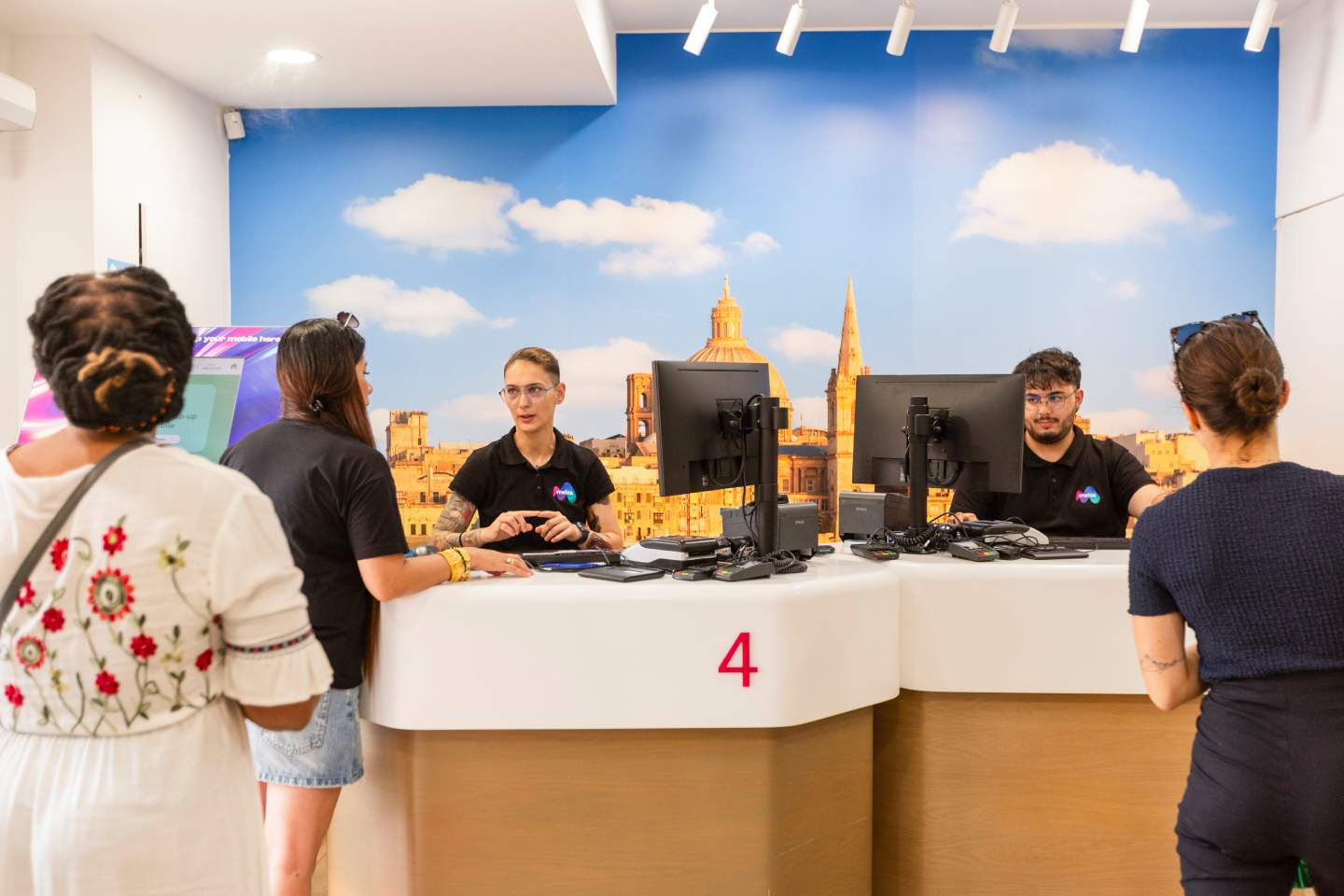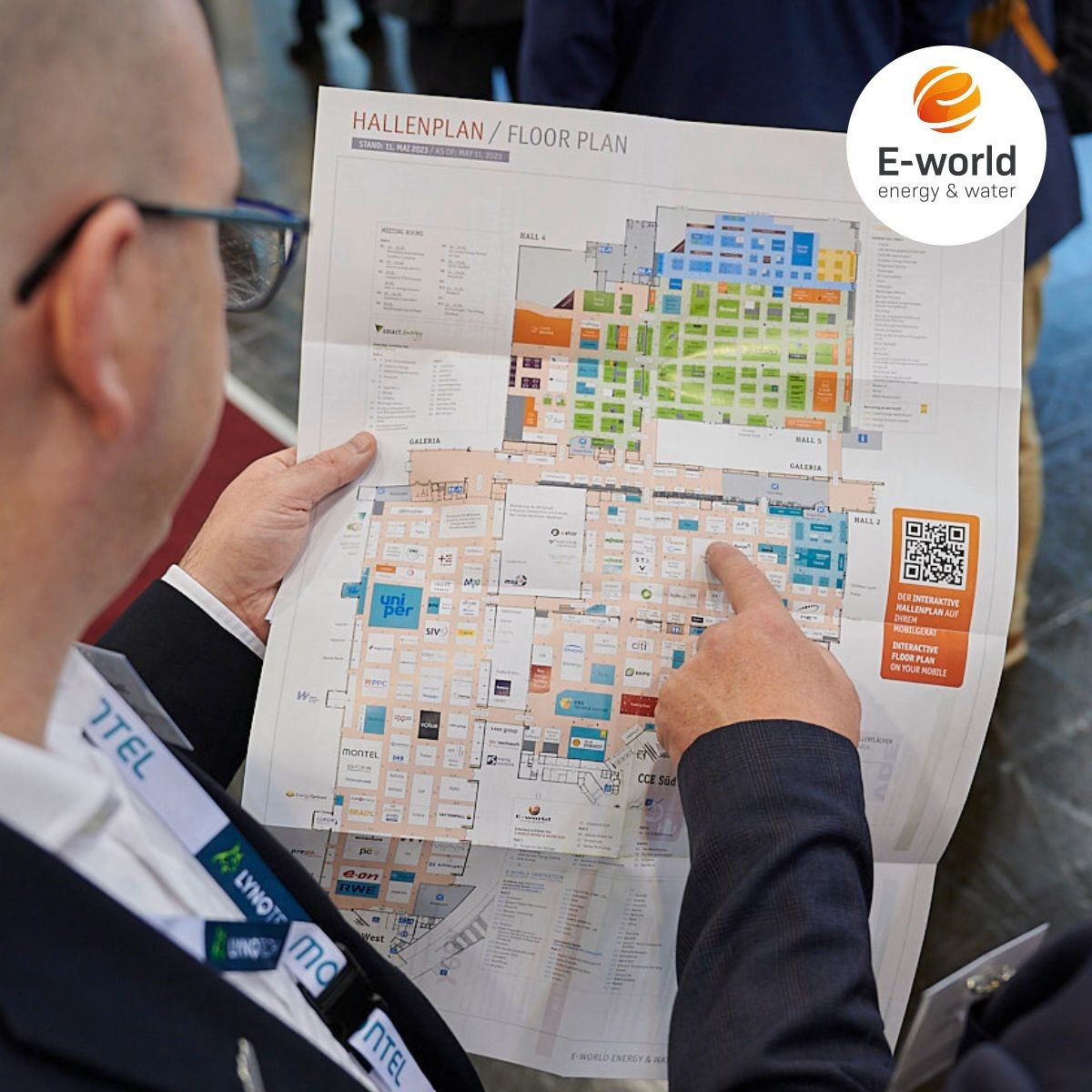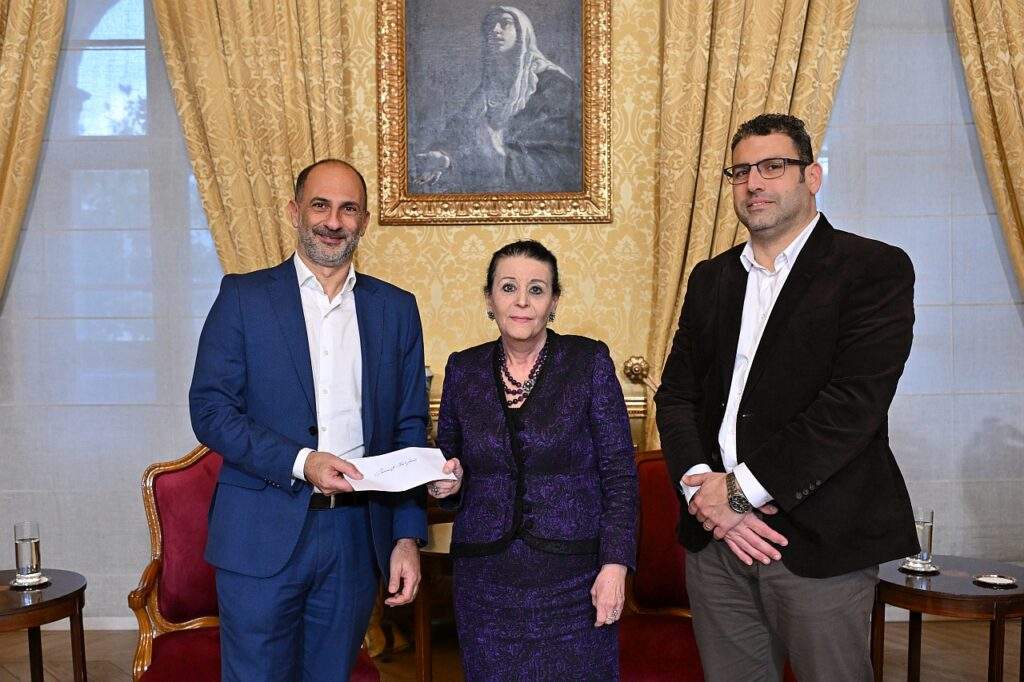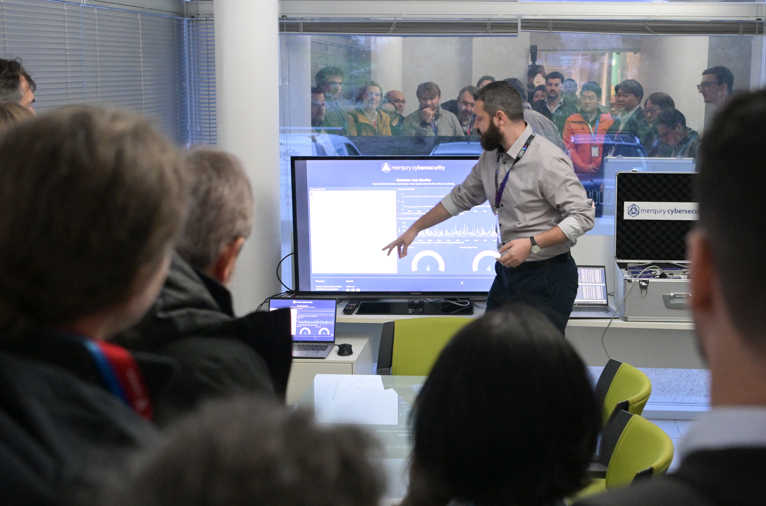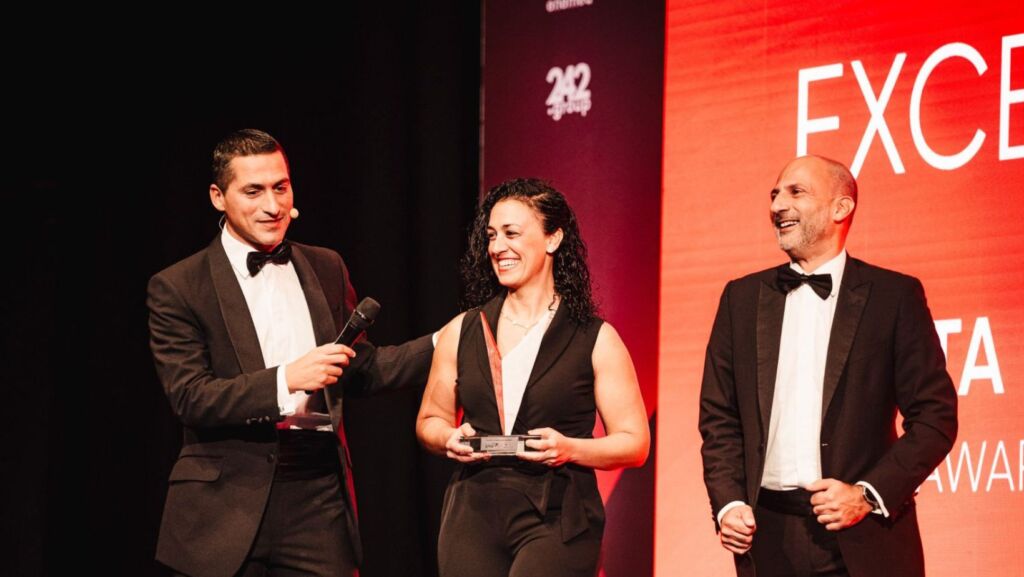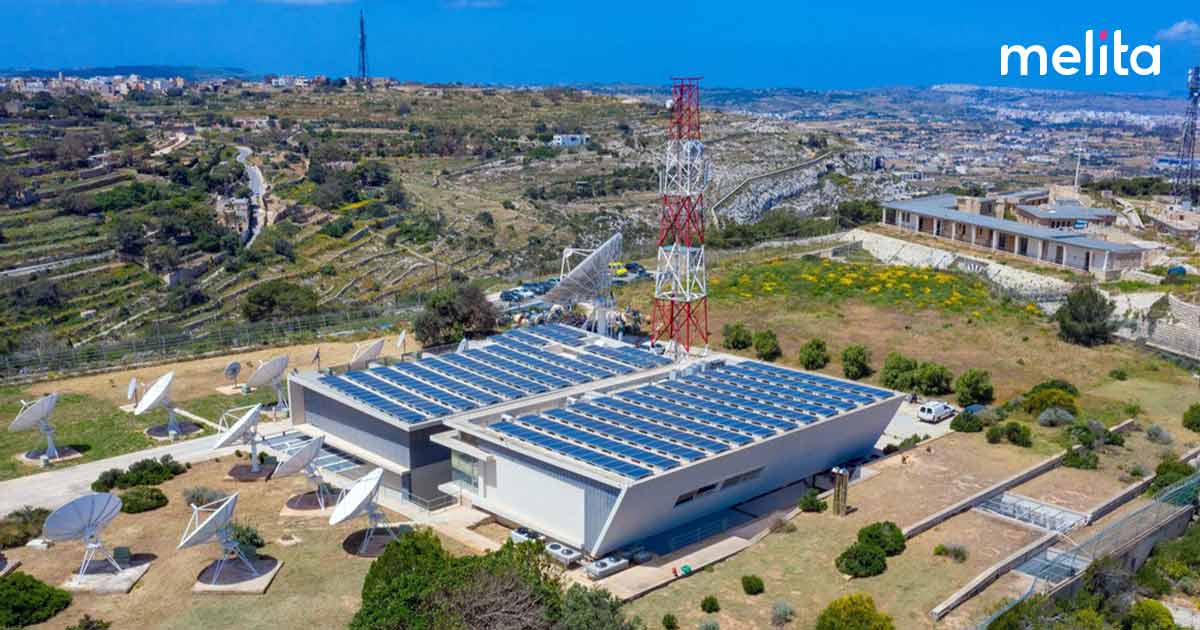
Melita Limited is proud of its carbon neutral status. Being carbon neutral means that the carbon emissions from the daily running of Melita’s business, which include direct carbon emissions from company vehicles, and indirect carbon emissions from the electricity used to provide internet, mobile and other services, are balanced by carbon reduction and offset activities. Melita has achieved carbon neutrality firstly through a range of initiatives which have limited carbon emissions, and secondly by investing in international renewable energy projects to offset the remainder. Melita’s calculations and progress have been independently verified by Schneider Electric, a global specialist in energy efficiency and sustainability.
Building on its carbon neutrality, and based on its commitment to reducing Greenhouse gasses (GHGs), in 2022 Melita will join the Science Based Target Initiative (SBTi), a partnership between the Carbon Disclosure Project (CDP), the United Nations, World Resources Institute, and the World Wide Fund for Nature (WWF) which aims to achieve the goals of the Paris Climate Agreement. By joining this initiative, Melita will commit to a clearly-defined path to reduce emissions in line with the Paris Agreement goals, helping prevent the worst impacts of climate change and future-proof business growth by pursuing efforts to limit warming to 1.5°C.
In terms of the practical steps taken by Melita to reduce emissions, the company has invested substantially: installing intelligent lighting and cooling systems across its sites and retail outlets, and solar panels at the Melita Data Centre and designing the company’s mobile and fixed networks in the most energy efficient way, particularly through dynamic power optimisation in Melita’s nationwide Ericsson 5G network. Melita started rolling out a fleet of electric vehicles early in 2020 with 40 per cent of company vehicles planned to be electric by the end of 2022. This switch to cleaner transportation will continue as vehicles become obsolete, with 90 per cent of the fleet predicted to be electric within the next three years. Further reductions in GHG emissions from vehicles were achieved when the majority of Melita’s employees moved to teleworking in March 2020, significantly reducing direct GHG emissions from daily commuting and indirect GHG emissions through energy savings in Melita’s offices. These benefits have been maintained as the option of Flexible working has continued through to 2022.
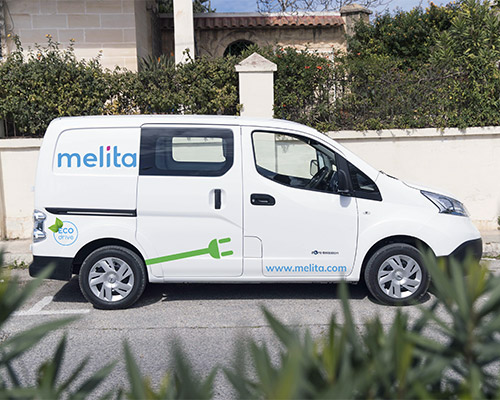
Harald Roesch, CEO at Melita, said, “In all our decisions, including our network upgrades, we take into account the impact on the environment, and especially how we can minimise or reduce carbon emissions. As we will always need electrical power for our operations, Melita supports international renewable energy projects to offset the remainder, whilst continuing to invest to reduce our carbon emissions”.
The results of these investments were already clear in 2020 when, measured across direct and indirect emissions, Melita achieved a 173,567 Kilogramme reduction in GHG emissions. 2020 also saw Melita adopt a lifecycle approach to GHG emissions, through which greater focus was placed on recycling and redeploying equipment. As a result, by the end of 2020, 81 per cent of customer equipment returned to Melita was being redeployed, compared to just 14 per cent in 2019.
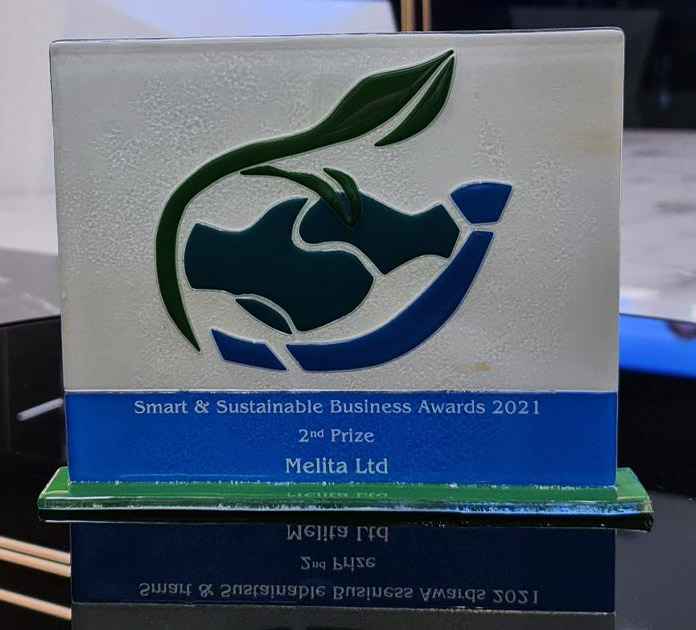
Melita’s achievements in applying sustainable practices across its operations were recognised at the Smart & Sustainability Business Awards, organised by the Ministry for the Economy and Industry towards the end of 2021. The monetary prize awarded to Melita as part of the award was donated to The Melita Foundation, to support its ongoing support environmental projects.
Melita’s achievements in applying sustainable practices across its operations were recognised at the Smart & Sustainability Business Awards, organised by the Ministry for the Economy and Industry towards the end of 2021. The monetary prize awarded to Melita as part of the award was donated to The Melita Foundation, to support its ongoing support environmental projects.
Looking to the futre, Melita will remain focussed on sustainability. Melita plans to build solar farms to generate green power for its operations, as well as continuing to invest in international carbon capture projects. To reduce emissions throughout its supply chain, Melita is using Malta-based suppliers whenever feasible and is applying environmentally friendly purchasing policies, further cutting emissions generated by transportation. Melita will also prioritise suppliers that have similar carbon neutrality targets and work with other partners to reduce emissions.
Environmental responsibility remains a standing review item for the executive team, with 12 sustainability KPIs tracked under the direct leadership of the company’s CEO, Harald Roesch. Having obtained ISO 50001 and ISO 14001 certification in Energy Management & Environmental Management, which include specific provisions for monitoring progress, Melita’s sustainability objectives will continue to address 12 of the United Nations Sustainability Development Goals, promoting equality & inclusivity, sustainability and governance. In this, the Melita Foundation will continue to play a key role, supporting non-profit organisations, individuals and other stakeholders to enable the development of the digital skills and creativity Malta needs for growth whilst respecting and preserving the country’s cultural heritage and environment.


